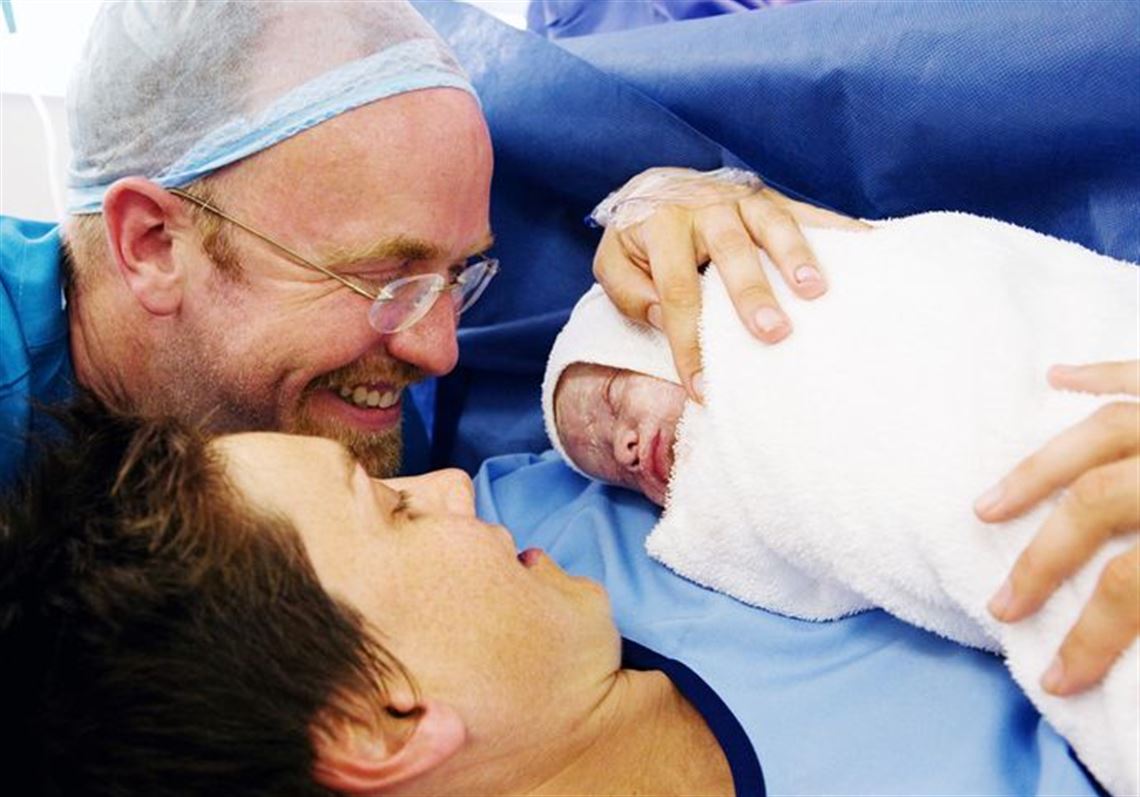Pregnancy and the months after birth are a critical time for mothers and babies. When both fare well, lifetimes of health and fulfilment likely lay ahead. When either or both fares poorly, they are more likely to experience suffering, distress and financial loss.
Earlier this month, Gov. Tom Wolf commemorated the Special Supplemental Nutrition Program for Women, Infants and Children, known as WIC, for 45 years of improving nutrition and birth outcomes for women, infants and children. What he did not say is that this critical program is in jeopardy and needs revitalization. It’s time for all of us to speak up.
The WIC program has been a cornerstone in efforts to support the health of mothers and babies throughout the nation. It provides nutritious supplemental foods, breastfeeding promotion and support, healthy-eating education and referrals to health care and critical social services.
WIC has standard features nationwide, but can differ dramatically by state. If you live in Maryland and sign up for Medicaid, the WIC program automatically contacts you about your eligibility for its services. You find it easy to visit WIC clinics because walk-ins and weekend and evening hours are offered, and you can complete some of the required nutrition education online. You receive an automatic reminder of upcoming appointments, which can be canceled, if necessary.
In Maryland, children don’t dread going to WIC clinics, which are clean and friendly, because finger-stick hemoglobin tests have been replaced with no-pain testing. If you need more than nutrition services, you can count on most WIC programs to have relationships with many other providers who can get you what you need.
Even though Maryland WIC has features not available in Pennsylvania, both could dream bigger. Why provide only nutrition services? If you were lucky enough to be a mother living in Australia, you’d meet with a midwife when you were 20 weeks pregnant. Not only would your nutrition needs be assessed, but the midwife would make sure that any physical health, mental health, family-relationship, housing, substance-abuse or economic problems would trigger wrap-around support, including home visits for you and your baby as long as you needed them during and after childbirth.
WIC also can be the front door to services for vulnerable families at critical times and in critical circumstances: those living near poverty, women with HIV or opioid or other substance-use disorders, those with mental health issues or other complex health challenges and teen mothers. Many women who could benefit from WIC, particularly women of color, are exactly those most at risk for maternal mortality and morbidity and whose children are more likely to be born prematurely and to die in infancy.
WIC centers could serve as a hub that connects families to community services, offering support groups, helping mothers navigate health- and social-service systems and building volunteer programs. WIC programs with more offerings could avoid declining enrollment, as Pennsylvania and other states are experiencing.
Only about half of eligible women and children are enrolled in Pennsylvania WIC. This resulted in a $3.7 million reduction in federal funding this year. The program cannot reverse this trend and help as many Pennsylvanians as possible without some creative thinking.
An investment of $7.5 million in state funds for fiscal year 2019-2020 would allow WIC to staff up to 2014 levels, increase outreach and enrollment and expand programs. Without this infusion of funds, the WIC program will continue to hemorrhage enrollees, resulting in unnecessary health challenges to mothers and babies, short- and long-term, and costing the commonwealth hundreds of millions dollars in medical and other services down the road.
Pennsylvania also could revitalize its WIC program by adopting best practices from around the country. WIC should make it easier to enroll — and stay enrolled — and connect families with myriad service partners. WIC clinics could be redesigned to be more inviting to children, parents and caregivers. Also needed is a branding and messaging campaign so that WIC is seen as an emblem of good parenting, not a badge of inadequacy.
The Pennsylvania Department of Health is holding a public meeting about the WIC program today between 10 a.m. and 3 p.m. at the Beaver Valley Mall. This is an opportunity to learn more and show support for the WIC program.
On June 8 and 9, WHAMglobal — the Women’s Health Activist Movement — is hosting “Birthing a Movement,” an original, pop-up art exhibit featuring some of Pittsburgh’s leading women artists celebrating pregnancy and motherhood. For details, go to www.whamglobal.org/birthingamovement.
Karen Wolk Feinstein is the president and CEO of the Jewish Healthcare Foundation and WHAMglobal. She also serves as co-chair for the Pennsylvania Health Funders Collaborative.
First Published: May 22, 2019, 4:00 a.m.















